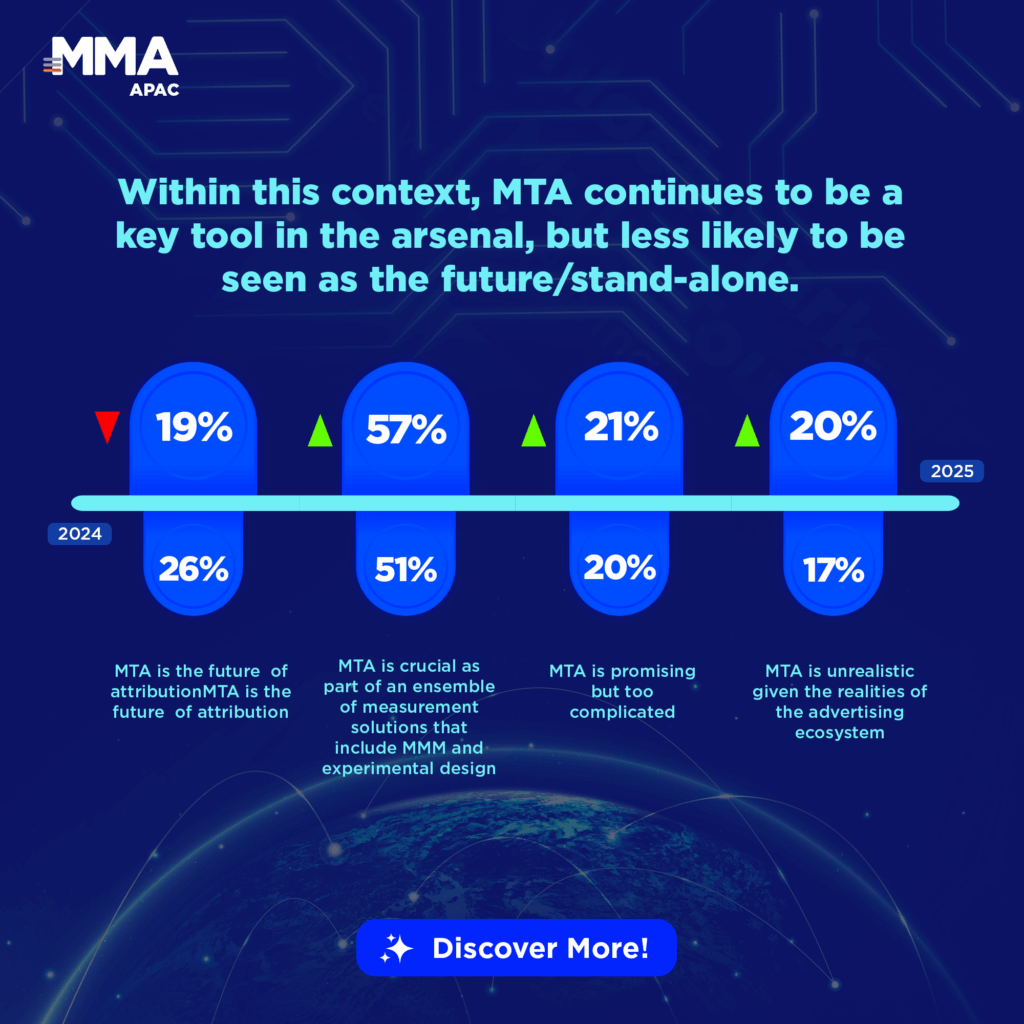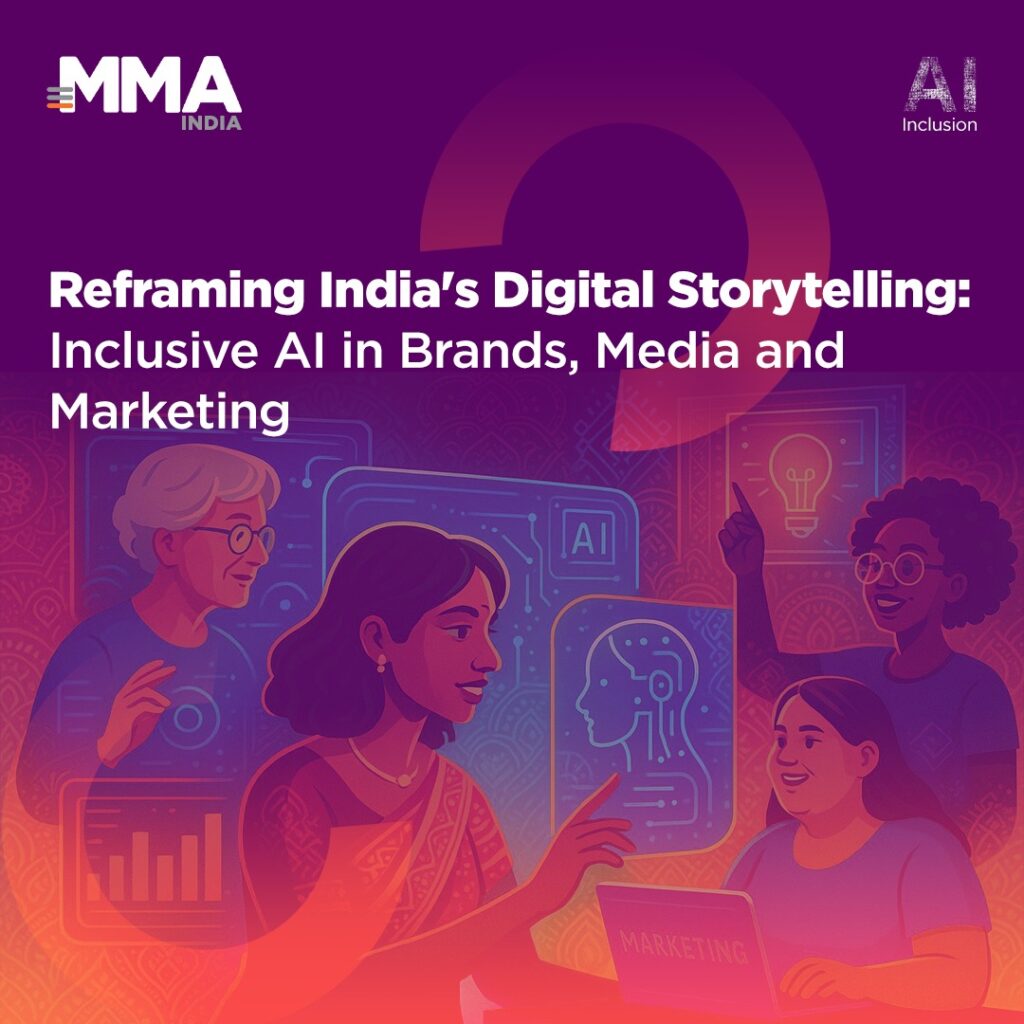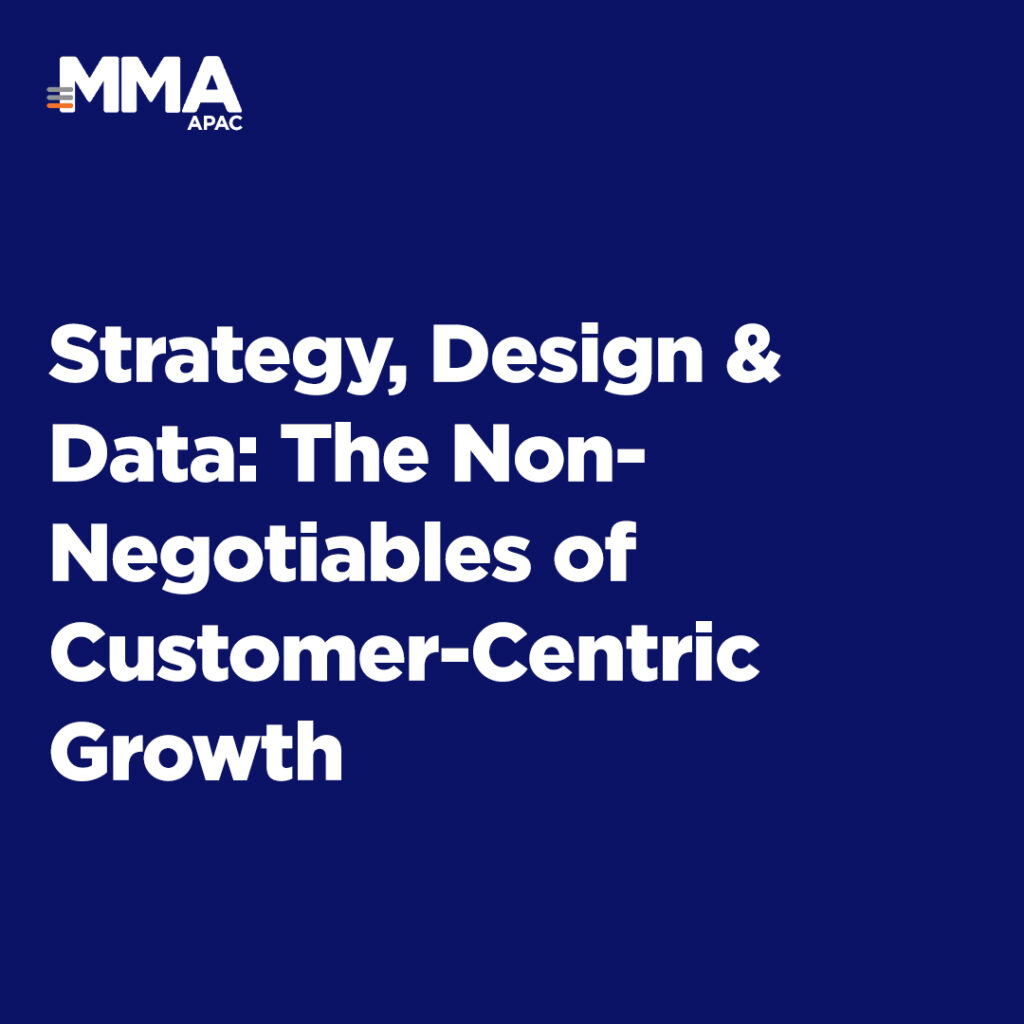
In 2023, technology drove significant transformations in the marketing landscape. Throughout the year, the industry was abuzz with discussions around cutting-edge technology, the potential uses of artificial intelligence and ways to enhance operational and creative efficiencies. Marketers made strides in improving customer experience by implementing data-driven hyper-personalization.
But there is a long way to go before the potential of technology, especially artificial intelligence, is fully realised and leveraged. In a recent survey by MMA, 54% of respondents said that they feel the adoption of AI in marketing is not effectively understood. However, developments in voice search optimization, virtual reality, and navigating a cookie-less world have already led to an unprecedented surge in discussions around the AI-led future of marketing.
Three topics dominated the industry discourse throughout the year — the need for good-quality first-party data, the use of AI to create, optimize and personalize content, and the changing role of marketers and creativity in the times of AI. Let’s delve into how these factors influenced marketing and what lies ahead in 2024.
The Need For Good Quality First-Party Data
The phasing out of third-party cookies is set for 2024, marking a significant shift in digital marketing. Marketers are looking for solutions and strategies to ensure that the lack of cookies won’t affect business as usual. 59% of global leaders are either accelerating their readiness for a cookieless future or prioritising it.
The shift underscores the importance of quality first-party data to maintain effective targeting and personalization in marketing campaigns. Marketers need to explore alternate privacy-conscious methods to collect first-party data from consumers and use it effectively in strategies and content. It requires engaging consumers and offering them enough value that they would want to share their information.
Customer data platforms (CDPs) are helping marketers to prepare for the future. These platforms combine the best of first-party data from multiple sources to give marketers a comprehensive understanding of their customers. The strategy helps marketers craft targeted and personalized campaigns and communication.
Integration of AI for Content Optimization and Personalization
AI-driven tools have enabled marketers to optimize content for maximum impact in real-time, ensuring that the brand’s messages resonate effectively with their target audiences. 88% of marketers believe their organization must increase the use of automation and AI to meet customer expectations and stay competitive.
AI algorithms analyze extensive datasets to discern intricate patterns in user behavior and preferences. AI enables marketers to fine-tune and optimize content strategies with unprecedented precision. At least 50% of marketers believe inadequate AI adoption is holding them back from achieving their goals.
By understanding individual user preferences, AI-driven systems can deliver highly personalized content experiences, tailoring recommendations and messages to match each user’s interest, enhancing brand engagement.
Role of Marketers and Creativity in the times of AI
AI integration for content optimization and personalization marked a significant leap in marketing capabilities. The role of marketers in this evolving landscape is evolving as well. While AI streamlines processes and enhances efficiency, good storytelling remains at the heart of successful marketing strategies. Human creativity is crucial in shaping innovative and compelling narratives.
In a recent survey by MMA, 73% of respondents felt AI will significantly enhance marketing capabilities but will not replace human creativity and expertise. AI could support creativity by providing data-driven insights and automating repetitive tasks, allowing marketing professionals to focus on higher-level cognitive tasks such as developing strategy and brand building.
Human intelligence and creativity are crucial because AI could potentially give the same results to everyone. It’s the crafting of prompts for AI tools and the expertise in shaping the outcomes into compelling content and effective strategies that truly distinguish and drive success for marketers.
The Way Ahead in 2024
In 2024, the three key elements – data, content, and creativity – will continue to be discussed with enthusiasm, shaping the industry and the processes. Staying updated on industry developments, adapting to changes in data privacy regulations, and embracing innovative solutions to understand and engage customers will be crucial for marketers navigating the evolving digital marketing landscape.
The ability to interpret AI-generated insights and translate them into engaging and authentic brand stories will be a valuable skill in the foreseeable future. Striking the right balance between technology and human ingenuity will be key as the industry adapts to new opportunities and challenges.



















